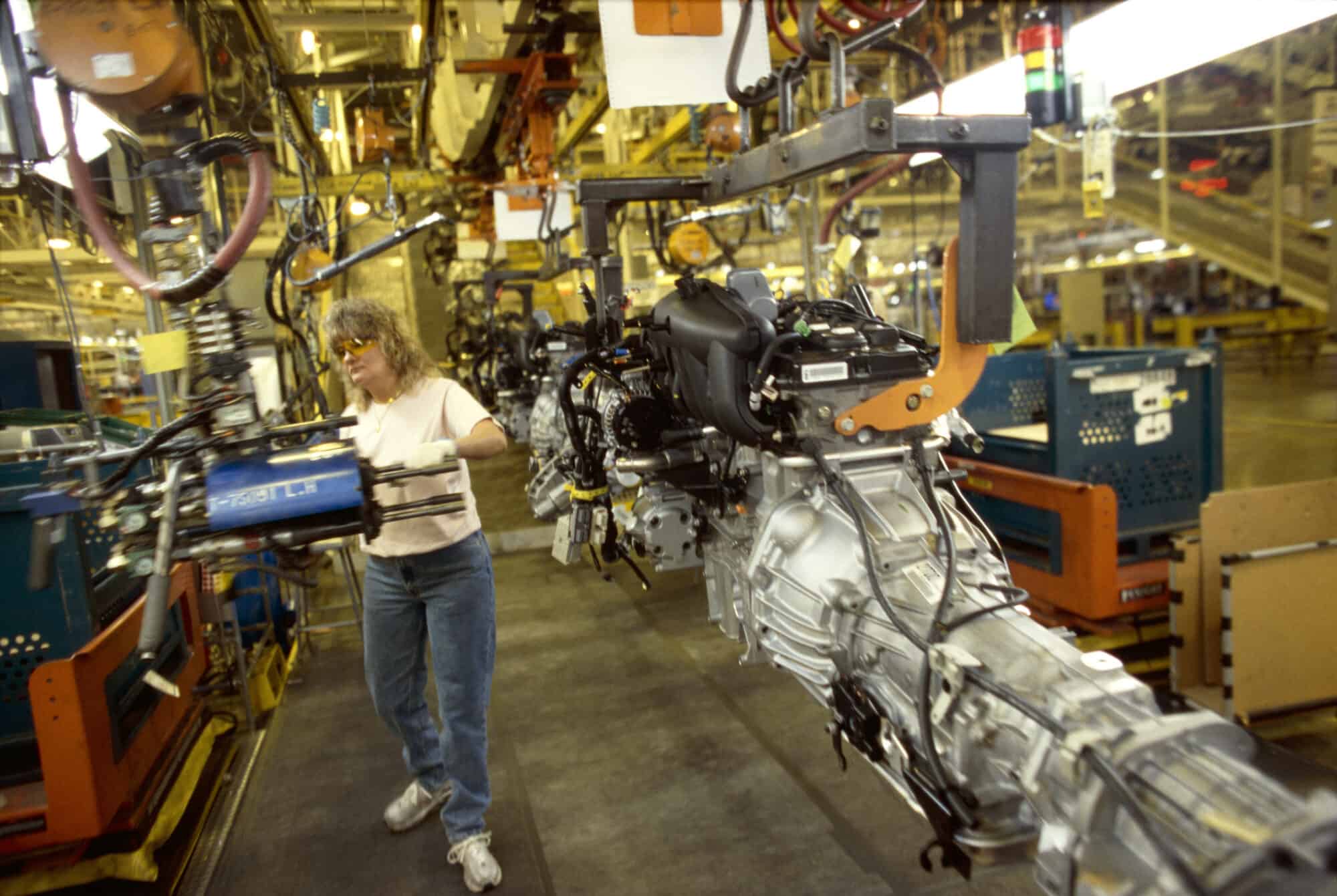Workforce
Study: Manufacturing in U.S. Could Need Up to 3.8 Million Workers

The U.S. manufacturing industry could require some 3.8 million jobs to be filled within the next decade, according to a new joint study from the Manufacturing Institute, the NAM’s 501c3 workforce development and education affiliate, and Deloitte.
What’s going on: “Taking charge: Manufacturers support growth with active workforce strategies” found that manufacturing in the U.S. has emerged from the global pandemic on strong footing and is likely to continue to grow in the next few years.
- That growth will call for even more skilled workers—particularly statisticians, data scientists, logisticians, engineers, computer and information systems managers, software developers and industrial maintenance technicians—spotlighting the need to build the national talent pipeline.
- “Pandemic-driven shifts have already created hundreds of thousands of new jobs, and now we are seeing increased demand for digital skills that need to be met or risk further widening of the talent gap,” said Manufacturing Institute President and Executive Director Carolyn Lee.
Key findings: Top takeaways from the report include:
- If workforce challenges are not addressed, more than 1.9 million of the up to 3.8 million jobs likely to be needed between this year and 2033 could go unfilled.
- Some 65% of manufacturers polled said attracting and retaining talent is their primary business challenge.
- About 90% said they are forming at least one partnership to better attract and retain employees, and on average they have at least four such partnerships.
- Approximately 47% indicated that apprenticeships, work study programs or internships at manufacturing companies would be the most effective way of increasing interest in the industry.
- Some 47% also said flexible work arrangements—such as flex shifts, shift swapping and split shifts—have been their top retention tool.
The bottom line: Manufacturers continue to face a talent shortage—and the MI has the initiatives and resources ready today to help manufacturers address these challenges.
- From the recent flexibility white paper—which explains how manufacturers can build and deploy flexibility options for the 49% of workers that are on the production teams—to the high school internship toolkit that allows manufacturers to start a recruiting pipeline in high schools, to the FAME USA apprenticeship program training global best multi-skilled maintenance technicians and more, the MI has solutions to the hurdles highlighted in this study. Learn more at themanufacturinginstitute.org.